On March 15th, I went to sleep heartbroken because of the news of a terrorist attack against Muslims in New Zealand. I had opened Twitter directly after my sister went to bed and my heart stopped. I couldn’t stop crying. I was in pain, and angry. I felt like I couldn’t breathe. And as I began to process what had happened, I realized that I was focused on me — how I felt — for a tragedy that, while it affected me greatly as a human and as a Muslim, had little to do with me. Through the whirlwind of thoughts going through my mind, I had to force myself to take myself out of the equation.
So how do you do that? Well, as horrible as it may sound, I thought about how the victims’ day must have started. They woke up probably thinking it was a normal Friday and behaved as such. They got ready for the usual Friday sermon and prayers. But then someone walked in — armed with the intent to kill. To hear a gun repeatedly go off, and the screams of your fellow Muslims while in prayer has to have been horrifying. Then imagine them changing salah positions and seeing blood and bodies everywhere. As hard as it is for me to write about and imagine, my brothers and sisters in New Zealand saw this and lived through it.
But the more I thought about how they must’ve felt, the more I realized it was my responsibility — not just as a Muslim, but as a human being — to speak out. While scrolling through Twitter, I saw the livestream and nearly 100-page manifesto circle about, along with requests to take down the video and to not give any attention to the terrorist. If I’m to be completely honest, I was livid when seeing those requests. I mean, as much as I wanted the video to be taken down, why is it only when a white man kills, we don’t give them any attention?
I wanted the video taken down because it’s triggering, and out of respect for the victims and their families. Nobody wants to see families murdered in cold blood on Instagram or Twitter. I think in sharing graphic videos, there’s a line, and we often blur it so much we don’t know whether we have crossed it. In the end, I disagree with sharing them. But back to my point: giving the terrorist attention.
I can’t help but notice it. Even with my Muslim peers, “this is what he wants” is endless. Don’t spread his manifesto — this is what he wants. Don’t share the video — you’re letting him win. Don’t share his name or face — he loves the fame. I’m curious: when are we allowed to share? The names and faces and all possible details are shared when the killer is a minority, and no one objects. But when a white person kills, it’s time to leave things alone? Then we speak of double standards, as if we aren’t so guilty of committing them ourselves. Don’t get me wrong — I don’t want to remember the guy that killed 51 of my brothers and sisters in cold blood, but I have to. This massacre is one where we say “never forget” just as we do with many other tragedies. But who are we, honestly, to mention hypocrisy? I’m a proud Muslim, and I have been all my life. I love being a part of the Muslim community. But I’ve also always been active and outspoken about injustice. For that, I’ve got a keen eye, though it doesn’t take much of one to see the blatant mess of a world we live in.
And so, I have to ask: if it weren’t Muslims killed and Muslims weren’t blamed for an attack, would we be as involved in the case as we are now? This question takes me back to when poor Nia Wilson, a black teen, died after having her throat slit by a racist white man in 2018. For what felt like days as we waited for more news about her murder, it felt like only a few people were talking about it. As soon as the news that she was a Muslim broke, however, I saw outrage seeping out of the pores of every Muslim I followed on my social media. What was once crickets had now become a lion’s roar. Explain that.
Mourn the victims of these attacks, but don’t make it about yourself. Check if you are guilty of something before judging others for it — hypocrisy was never in style. Still, use these as opportunities to always improve yourself, and to speak out. You don’t need to be black to speak about police brutality against us, and you don’t need to be Muslim to speak out about situations like these. But just as you don’t have to be those to stand for us, it’s just as important that if your people are wrong, you do check those that are wrong. If you are white and they aren’t speaking about white terrorism, you say something and you hold them accountable. If you are Muslim and they aren’t speaking about discrimination against reverts, you speak up and you ask why. Use your voice. It was given to you for a reason.
(Featured Artwork: Ruby Jones for TIME Magazine)


Leave a Reply